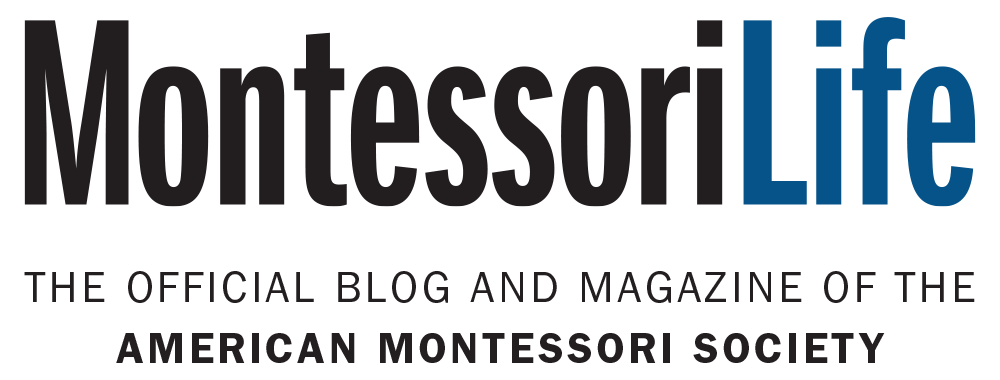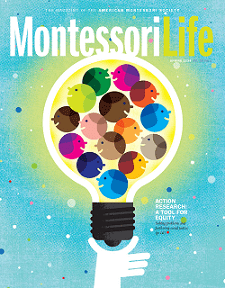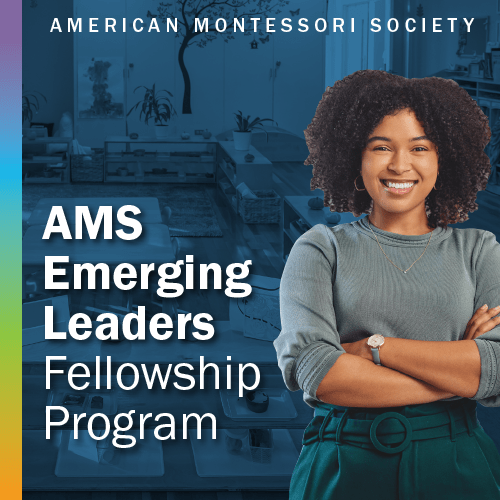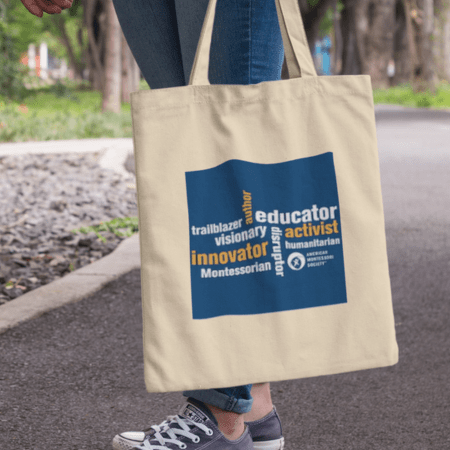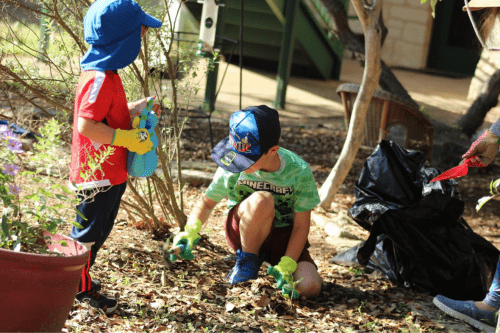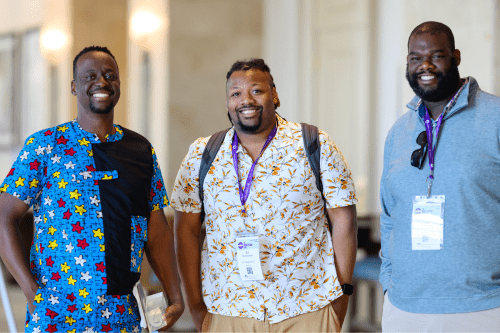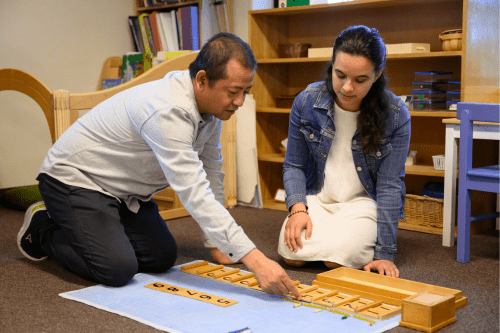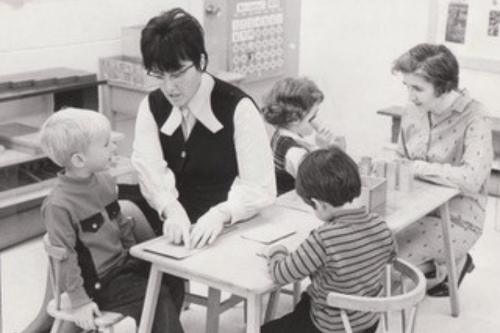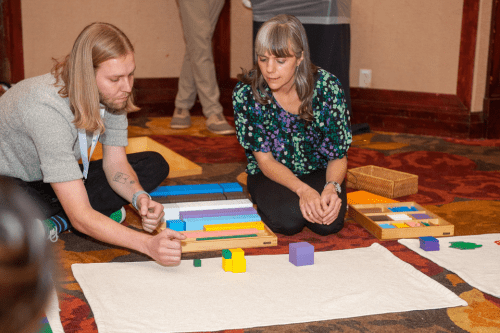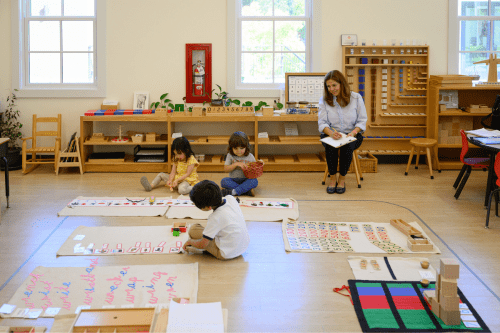A Team Based Approach to Developing an IEP: 5 Ways to Engage Students and Parents

The Montessori Method of education provides a welcoming, inclusive, supportive environment for students of all backgrounds, abilities, and learning styles. The stability and predictability of multi-age classrooms assists students in attending to their learning. The multi-sensory, hands-on approach to learning combined with the freedom of movement and choice and the organization and structure of the Montessori environment encourage success for all students. Montessori education recognizes and appreciates that each child learns at their own pace and in their own way.
Despite the personalized approach to learning the Montessori Method of education naturally presents, teachers, administrators, families, and students may find it helpful to have their educational path outlined in a more structured manner. A written plan can assist in goal setting and progress monitoring for the team. In public and charter school settings, this written document, known as an Individualized Education Program (IEP), is a legal requirement to ensure student success.
An IEP is a personalized document that outlines the plan for services provided for a student with disabilities. The plan outlines information including the student’s current performance, annual goals, special education and related services, and how the student’s progress will be monitored. Developing an effective IEP requires a team based approach wherein teachers, school administrators, therapists, parents, and the student come together to design an educational program that allows the student access to the general education curriculum and encourages their progression within it. Writing an IEP presents an opportunity for the team to work together to improve the educational experience for a student with disabilities by designing a program that aptly meets their unique needs.
By law, a student’s parents are required to be involved in writing their child’s IEP. Engaging them as an active team member is vitally important as they are able to offer insight about their child from a unique perspective. As an active participant in the IEP meeting, parents are able to listen to the information shared by other team members and provide their own feedback and suggestions to ensure the most effective educational experience is developed for their child.
Although it is not a requirement by law unless transition services are being discussed, it is highly encouraged to also include the student in the development of their IEP. In alignment with the importance the Montessori educational philosophy places on autonomy, the team should encourage the student to be involved in the creation of a program individualized to meet their personal needs. Just as their parents can share unique insight that other team members lack, the child is able to provide a distinct perspective about their educational experience including academic and social/emotional challenges as well as their self-perceived strengths and weaknesses. Encouraging the student to share about the challenges they are facing academically and the support they feel is necessary for them to experience success provides a firsthand account that is unable to be duplicated by other team members.
As a part of the IEP team, the student will have the opportunity to make decisions regarding their education that will not only foster their independence, but also their sense of self-advocacy and self-determination. Allowing the child to play an active role in developing annual goals with short-term objectives will promote their sense of self and develop pride in their accomplishments. For some students, encouraging them to lead the meeting will help them to accept a more active role in the process and to feel a sense of ownership over their IEP.
Encouraging student and parent participation in the IEP meetings can be very simple, yet meaningful. It is important to reassure them that they are critical members of the team that provide valuable information.
Here are five simple ways to encourage student and parent participation in IEP development meetings:
- Ask them to share how they learn/how their child learns
- Ask them about their/their child’s strengths and weaknesses
- Ask about their/their child’s interests
- Ask them ways they implement ideas from school at home/observations they’ve made of their child at home implementing ideas from school
- Ask them to share their ideas for enhancing their/their child’s educational experience
Encouraging student and parent involvement in IEP development meetings not only assists in providing unique insight regarding a student’s educational experience, but can also foster feelings of value and connection and inspire a sense of ownership and pride for the student. Implementing a team based approach to the development of a student’s Individualized Education Program promotes collaboration and problem solving amongst members that is essential in developing an ideal, personalized educational experience that ensures student success and this cannot truly be done in a most effective way without the expertise and guidance from students and parents.
About the Author
 |
Heather White EdS, is a Montessori in-home teacher and nanny, a Montessori educational consultant for the Andrew’s Institute, a Montessori educator for adult learners, and a volunteer moderator for the Montessori at Home 0 – 3 Facebook page. Formerly, she was a Montessori teacher, Lower Elementary coordinator, and associate head of school. She also has experience as a School Psychologist intern. She is AMS credentialed (Early Childhood, Elementary I). Contact her at hpratt@stetson.edu. |
Interested in writing a guest post for our blog? Let us know!
The opinions expressed in Montessori Life are those of the authors and do not necessarily represent the position of AMS.

